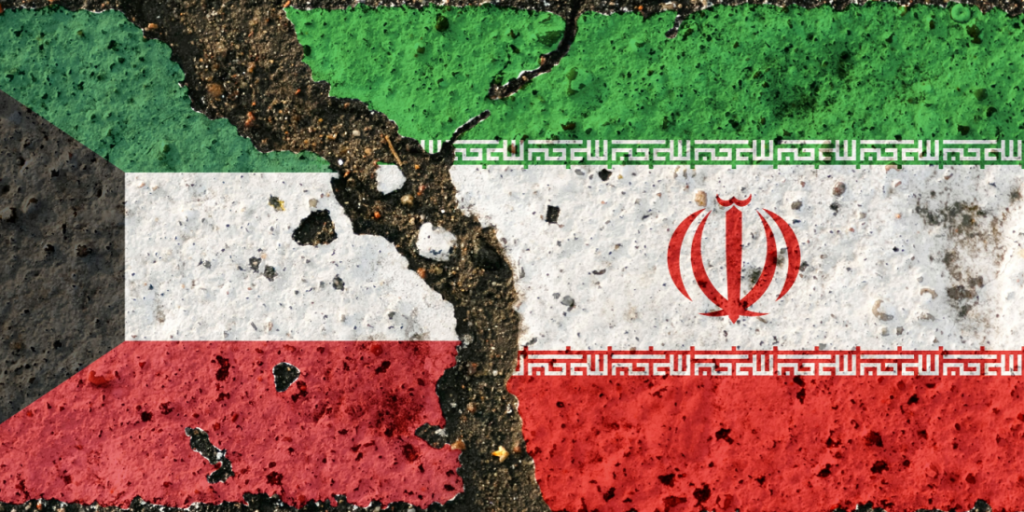The U.S. and its European partners are moving to formally accuse Iran of violating nuclear safeguards, escalating pressure amid stalled diplomacy.
Others are reading now
The international community has long teetered between diplomacy and confrontation when it comes to Iran’s nuclear program.
While talks have waxed and waned, concerns over Tehran’s transparency have only deepened. Now, a fresh wave of action may force a turning point in how the world responds to Iran’s atomic ambitions.
Resolution Targets Iranian Noncompliance
Several Western nations plan to submit a resolution to the International Atomic Energy Agency (IAEA) formally declaring, for the first time in nearly 20 years, that Iran is not meeting its nuclear safeguard obligations, according to a senior Western official on Tuesday, as reported by HotNews.ro.
The move comes at a delicate moment as the administration of U.S. President Donald Trump continues efforts to reach an agreement with Tehran to limit its nuclear program. Although several rounds of negotiations have taken place, a deal remains elusive.
Also read
A draft resolution—backed by France, the UK, Germany (the E3), and the U.S.—was circulated after receiving final sign-off from Washington.
The document accuses Iran of committing “numerous” violations since 2019 of its obligation “to provide the Agency with full and timely cooperation regarding undeclared nuclear materials and activities at multiple undeclared locations.”
The IAEA’s inability to assure that Iran’s nuclear program is exclusively peaceful raises questions that fall under the UN Security Council’s mandate for maintaining global peace and security.
The draft also calls on IAEA Director General Rafael Grossi to continue implementing this resolution and previous ones.
While the text may still undergo changes before formal submission, members of the IAEA board are allowed to propose amendments.
Ongoing Concerns and Elusive Transparency
Under the nuclear safeguard obligations within the Treaty on the Non-Proliferation of Nuclear Weapons, Iran is legally required to declare all nuclear materials and activities and allow IAEA inspectors to verify peaceful use.
In a “comprehensive report” circulated to member states last weekend, the UN’s nuclear watchdog described Iran’s cooperation as “less than satisfactory,” citing unexplained traces of uranium at undeclared sites.
Western officials suspect this may signal a covert nuclear weapons program active until 2003—an accusation Iran denies, insisting its program is purely civilian.
A Western diplomat described the resolution as a “serious step,” while emphasizing that “the door to diplomacy remains open.”
The goal of the resolution is for Iran to resolve the issue—there will be a window to comply and respond to the demands made over the past six years.
Importantly, the resolution will not call on the UN Security Council to impose fresh sanctions, but rather seeks to compel Iran to engage with the IAEA more transparently.


